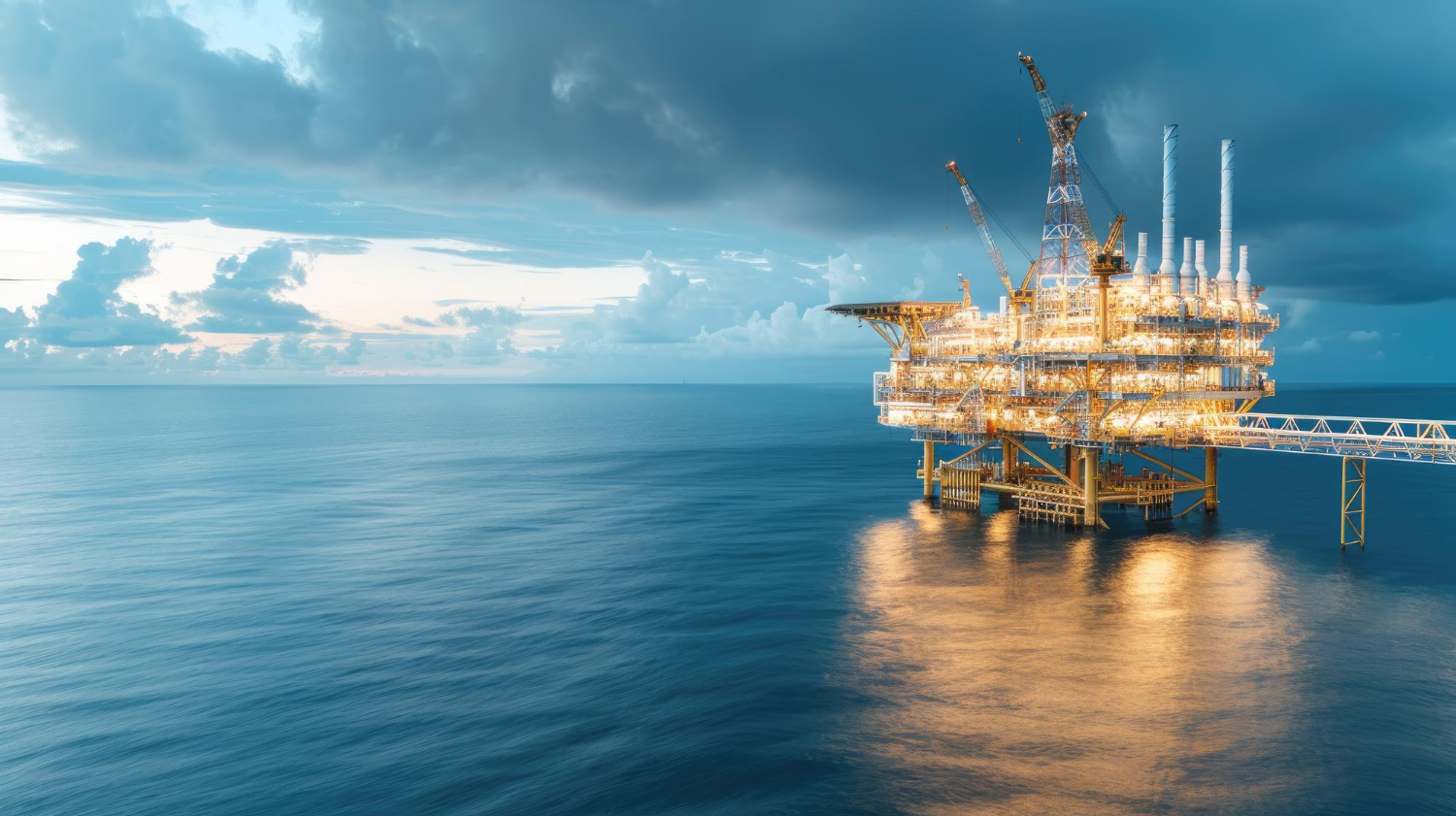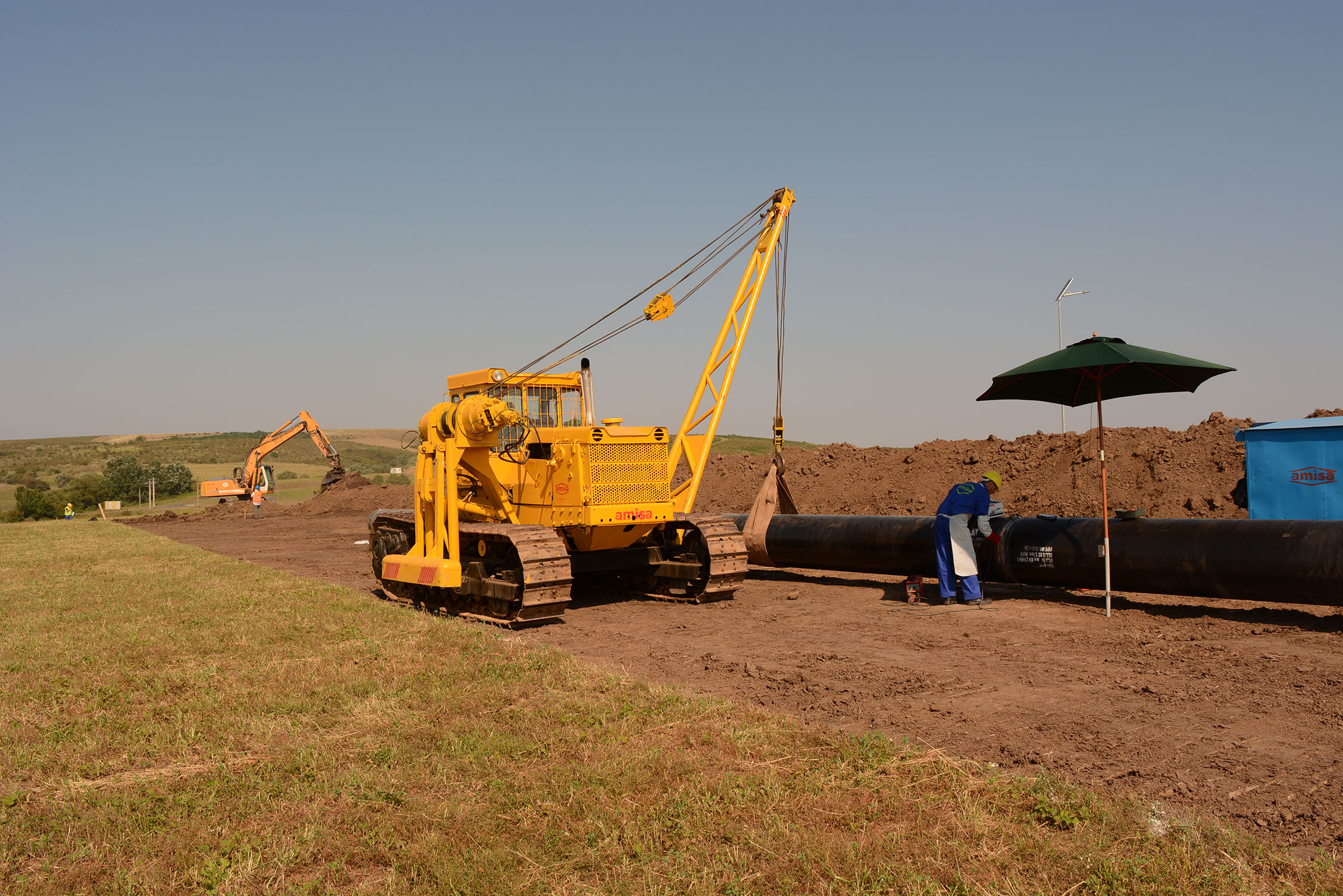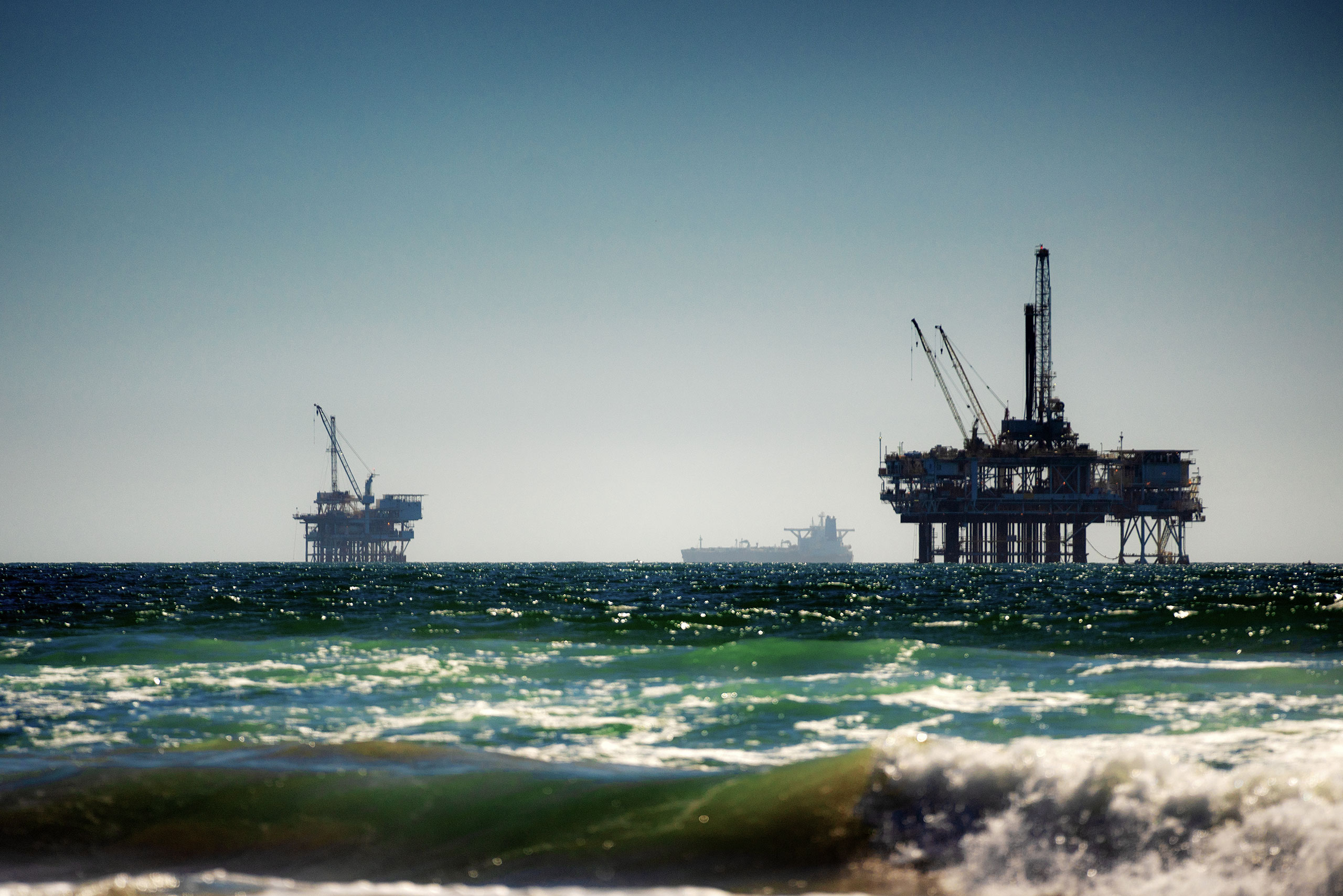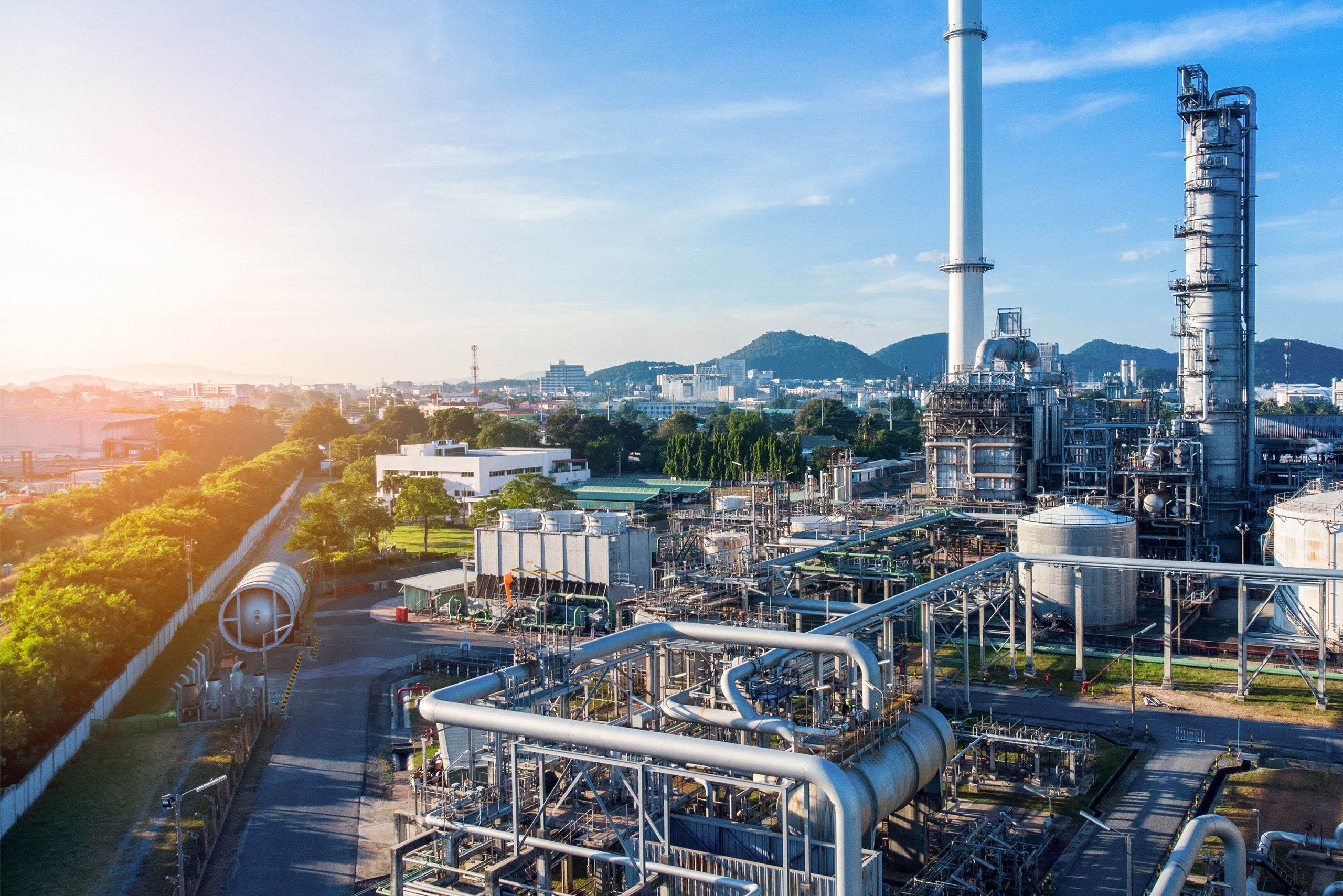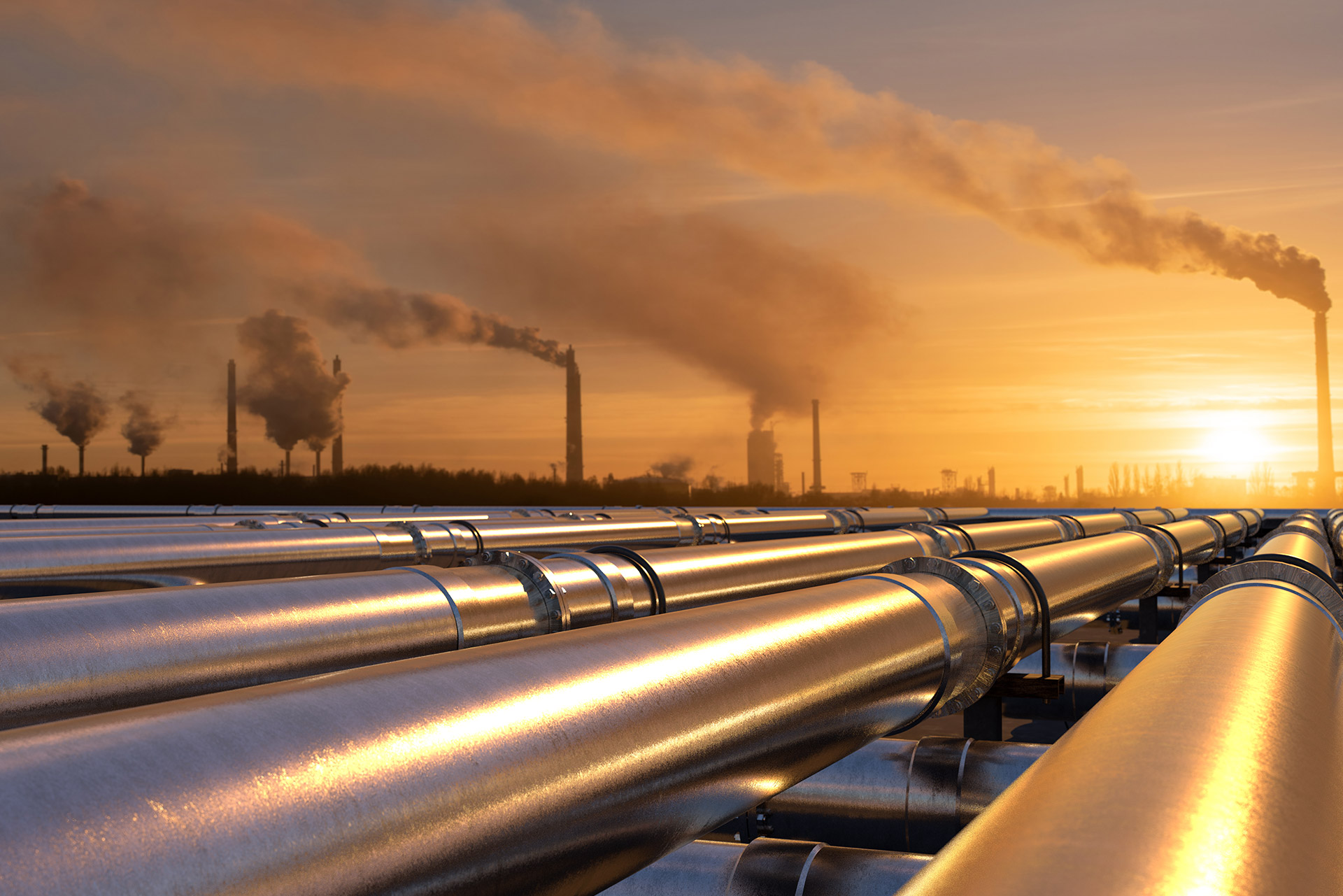Natural gas is, according to the Taxonomy, a transitional fuel, due to its low environmental impact. In the context of the development of renewable energy sources, it is important that Romania can continue to rely on gas resources and can take advantage of the security of supply and stability of the energy system that they offer.
Also, thanks to natural gas, Romania can become a pillar of stability in the region. Domestic production can contribute to national energy independence and security of supply for neighbouring countries.
Support for the energy transition
Fair access to energy for the population
Pillar of stability in the region
BALANCE FOR THE ENERGY SYSTEM
Renewable energy is growing and getting cheaper. But solar, wind and even hydropower pose a major problem: dependence on climate conditions. Natural gas is a way of balancing the energy system, which must ensure the continuous supply of economic agents and the population, regardless of the weather. Natural gas is therefore an internal safety factor, given the discontinuity of renewable production and the volatility of consumption.
SUPPORT FOR NEW TECHNOLOGIES
With the potential to produce hydrogen, in tandem with the use of CCS technology, natural gas can contribute to the decarbonisation of sectors such as transport and buildings, but also to the operation of areas such as fertilisers. In this way, domestically produced natural gas contributes to reducing imports and balancing Romania's trade balance.
IMPORTANT CONTRIBUTIONS TO THE ECONOMY
Security of supply, access for Romanians through an extended distribution network, the ability to integrate new technologies, all these functions of the oil and gas sector are important for the Romanian economy and society. Substantial contributions to the state budget, through various taxes and duties, complete the range of benefits that this sector brings to Romania.
The study Contribution of the oil and gas industry to Romania's economy (3rd edition, updated and expanded), conducted by the Oil and Gas Employers Federation and CPAG, shows the role played by this sector in the Romanian economy:
"The total impact of the oil and gas sector on the economy (i.e., including direct, indirect and induced effects) is significant at the level of recent years. It has increased from 3.2% of GDP in 2020 to 4.2% of GDP in 2021 and 7.9% of GDP in 2022. The total tax contributions paid by the oil and gas sector to the consolidated state budget amounted to 30.1 billion lei in 2021 and 48.8 billion lei in 2022, representing 7.9% and 10.6% of total state revenues respectively.".
The study also reveals the importance of this sector in terms of the number of employees:
"At the end of 2022, the number of jobs directly supported by the oil and gas sector was nearly 64,000. Taking into account indirect and induced effects, this becomes 152,000, representing 3% of the total number of employees in Romania."
INFRASTRUCTURE
Domestic supply and interconnection with neighbouring countries
Natural gas supply offers predictability and is a reliable response to the demands of the economy. This is due both to the fact that Romania has natural resources and to its secure and well-developed infrastructure.
Infrastructure is also a factor for regional cooperation and for transforming Romania into a pillar of energy security in the region. Our country, through its extensive natural gas transport network, is integrated into a European system aimed at diversifying the sources of natural gas supply, which is necessary in the face of Russian aggression in Ukraine.
BRUA
(acronym for Bulgaria, Romania, Hungary and Austria) allows our country to connect to regional transport corridors, including those linking the Caspian Sea area to Central Europe. It also facilitates Romania's access to European markets, a favourable factor in the context of Black Sea gas production.
Tuzla-Podișor natural gas transmission pipeline
over 300 kilometres long. This will make it possible for gas from the Black Sea to enter the national transmission system at the Podișor technological hub. Transgaz has allocated transport capacity 1,323,920,520 MWh for the period 1 May 2026 - 1 October 2042.
Greece-Bulgaria interconnector,
part of the Vertical Corridor, facilitates access to LNG terminals for a secure supply of our country and beyond. The Greece-Bulgaria Interconnector, by connecting to the Transbalkan Corridor, can take natural gas from the Caspian Sea area and Azerbaijan, providing additional security of natural gas supply for Romania and the whole region.
Iasi-Ungheni-Chisinau interconnection pipeline,
through which our country has helped to stabilize the energy situation in the Republic of Moldova, in a difficult geopolitical context: the Russian gas supply cut-off. Also, in September 2023 Transgaz took over the operation of the National Natural Gas Transmission System in the Republic of Moldova through its subsidiary Vestmoldtransgaz.
Natural gas production in the Black Sea
Midia perimeter
Black Sea Oil & Gas (BSOG) and its partners (Petro Ventures Resources and Gas Plus Dacia) officially started gas production in the Black Sea in the Midia perimeter in June 2022, marking the beginning of the extraction of the first "new" gas from the Black Sea.
"The first year of natural gas production from the MGD project exceeded BSOG's initial expectations by delivering the first billion cubic meters of natural gas one month earlier than planned. The March 2023 tests to increase production capacity were successfully completed and the company is currently in discussions with the authorities regarding a potential increase in daily production in Q4 2023 by up to 25%." (economy.net).
Neptun Deep Project
In June 2023, OMV Petrom and Romgaz approved the development plan for the Domino and Pelican Sud commercial fields. By the end of 2023, more than 80% of the execution agreements have been awarded. Targets for 2024 are to complete the award of the main contracts, permitting activities, start construction and prepare drilling for the first exploration well in 2025. First gas production is expected in 2027. Neptun Deep is the largest natural gas project in the Romanian Black Sea area and the first deep offshore project in Romania. The estimated investment for the development of the project is up to €4 billion. Neptun Deep is expected to deliver a total volume of around 100 billion cubic metres of natural gas. This will make Romania the largest gas producer in the European Union.


